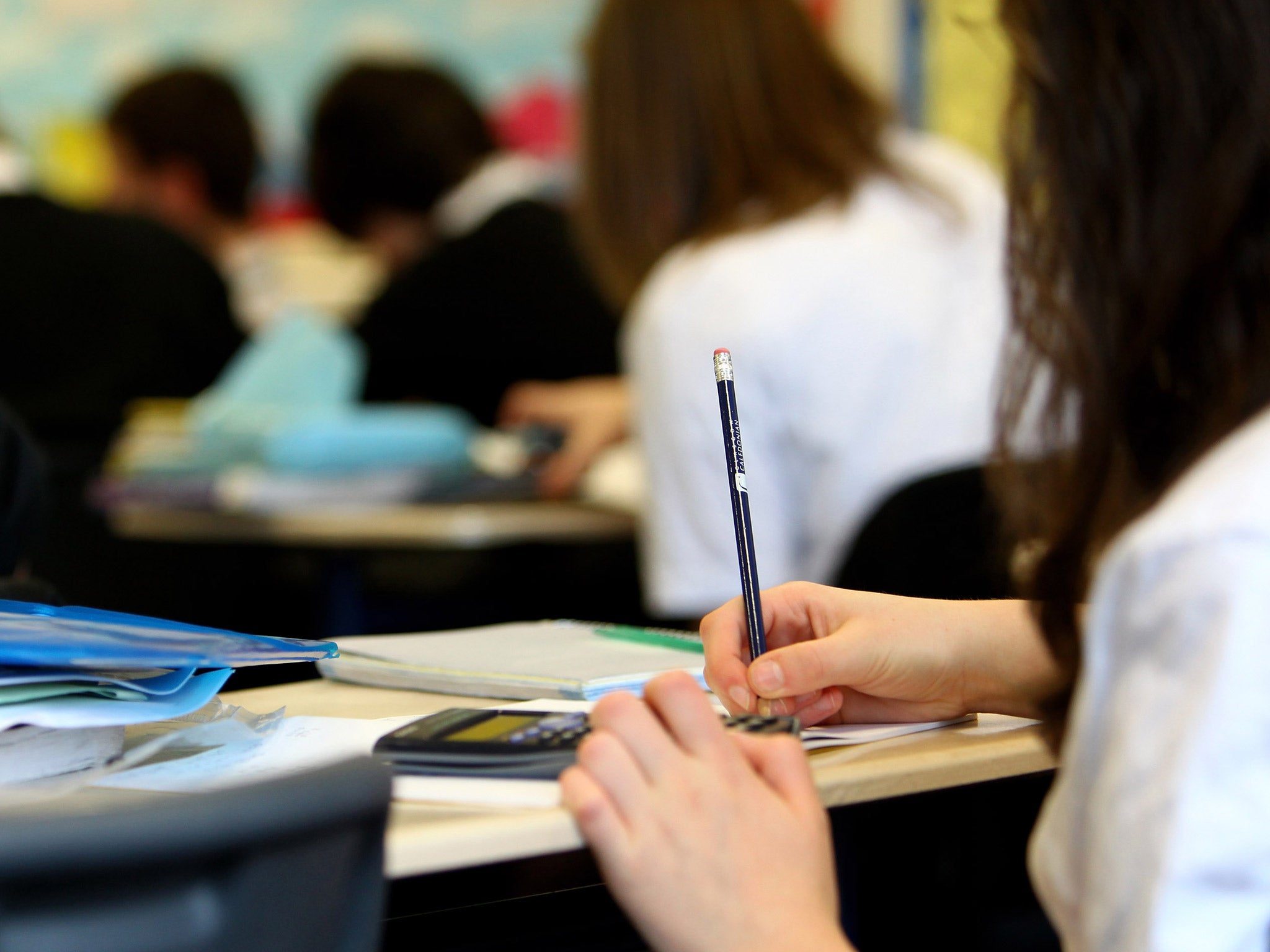First grammar school in 50 years is set to open, but don't expect more to follow in its footsteps
Opponents of the new school are considering bringing a legal challenge on the ground it is in breach of the regulations

The big question to be asked in the wake of the Government's go ahead for the first new grammar school to open for fifty years is: will it open the floodgates for more.
Floodgates? No. The 450-pupil school in Sevenoaks, Kent, is the satellite school of an existing grammar school in Tonbridge. That means its go ahead does not conflict with existing legislation brought in by the Blair government which forbad the opening of new selective schools.
Opponents of the new school are considering bringing a legal challenge on the ground it is in breach of the regulations - because 10 miles is too far away for it to be considered a satellite school.
If they are successful in their bid to overturn Education Secretary Nicky Morgan's ruling, then that is it. If they are not, it could open the doors for other satellite schools to open. However, to comply with the legislation, they would have to be in areas which still retain a selective school system. (You cannot have a satellite school of a school that does not exist.)
At present, there are 164 remaining state grammar schools in England (and none in Scotland or in Wales). These are scattered around just under 30 local education authorities. Already there are moves in Maidenhead (interestingly Home Secretary Theresa May's constituency) to follow in Sevenoaks' footsteps.
That brings us on to the next question: is it right to allow the introduction of more selective school places decided up through the 11-plus in this day and age.
Some Conservatives argue yes, that grammar schools offer the opportunity for disadvantaged pupils to escape from their backgrounds. In other words, they increase social mobility.
The evidence does not support that. Only three of the remaining 164 grammar schools have more than 10 per cent of their pupils on free school meals - in itself a figure below the national average.
As the respected chairman of the Sutton Trust - the education charity which campaigns for equal access to education - Sir Peter Lampl said: “At present too much of entry into grammar schools is dependent on your parents' bank balance - and their ability to afford prep schools or private tuition.”
It is true, however, that many of the current crop of grammar schools are trying to counter-act this by offering places to disadvantaged pupils on lower scores in the 11-plus than their more affluent peers.
That may be so - but opponents would still argue that 11 is too young an age to divide children into sheep and goats. A better way ahead would be to develop the University Technical College pathway - where students can choose to go to a specialist school/college offering them high level vocational skills. By that age, the aptitude of individual students is clearer.




Join our commenting forum
Join thought-provoking conversations, follow other Independent readers and see their replies